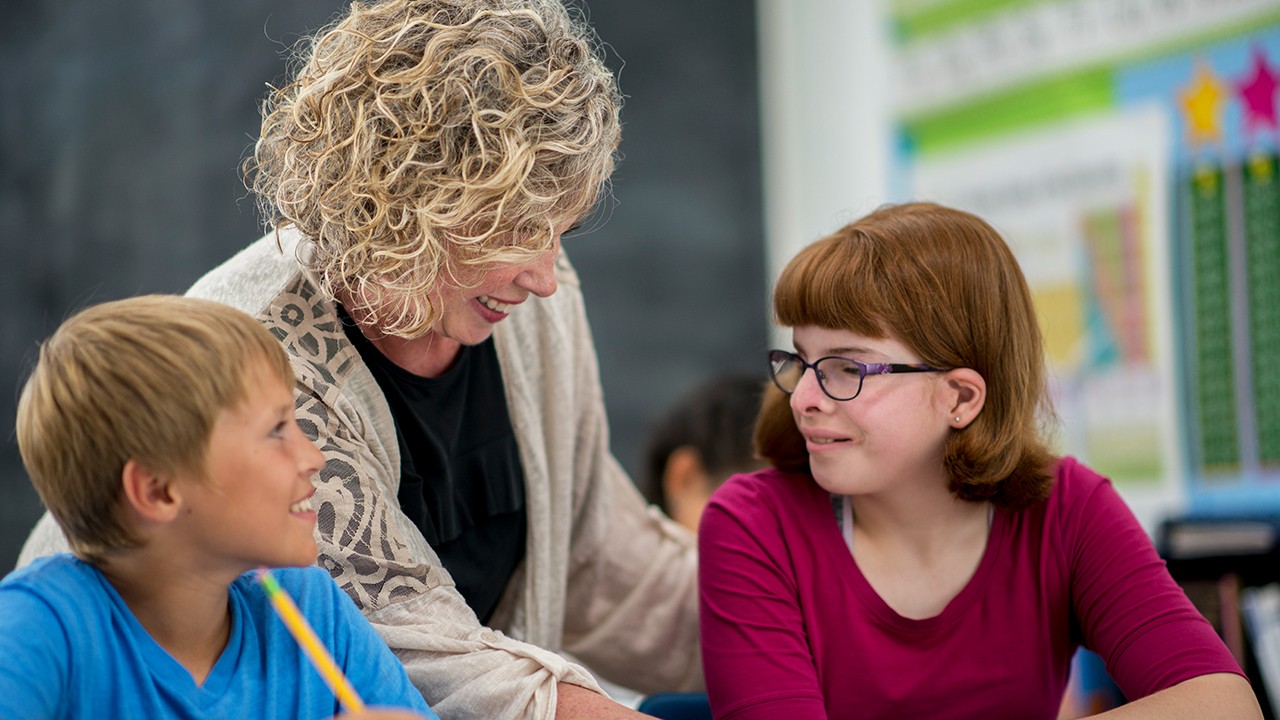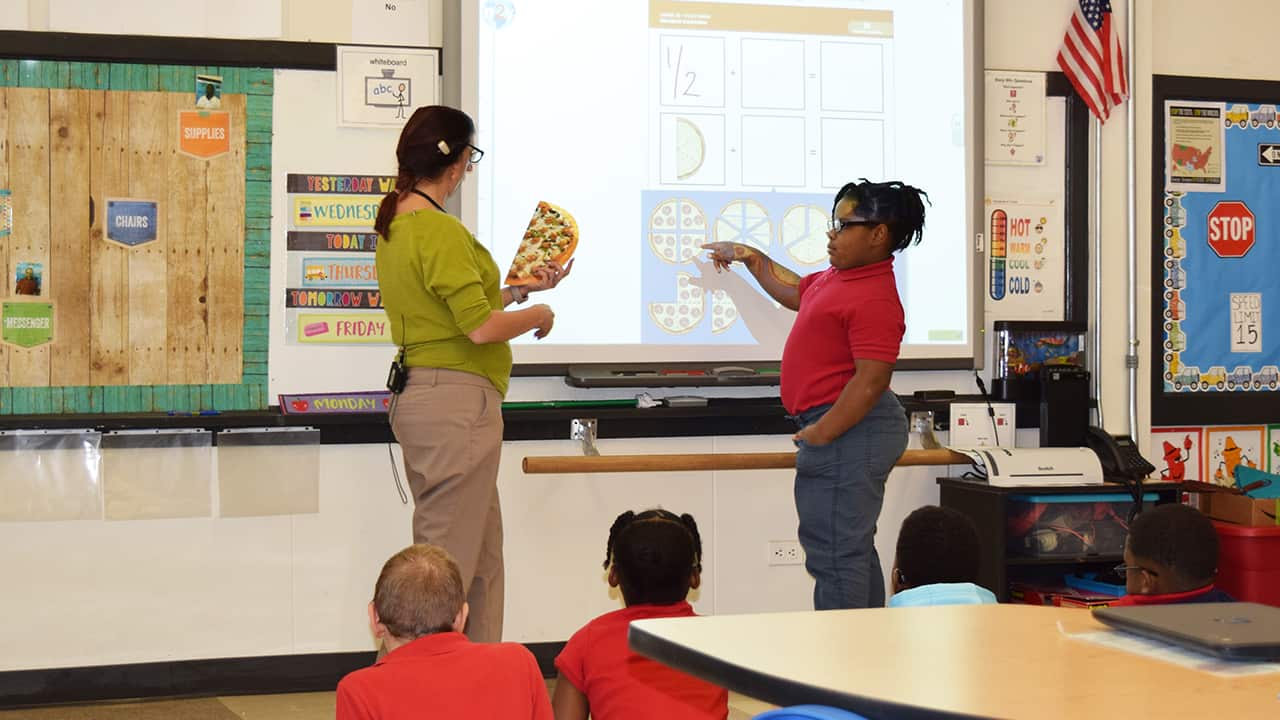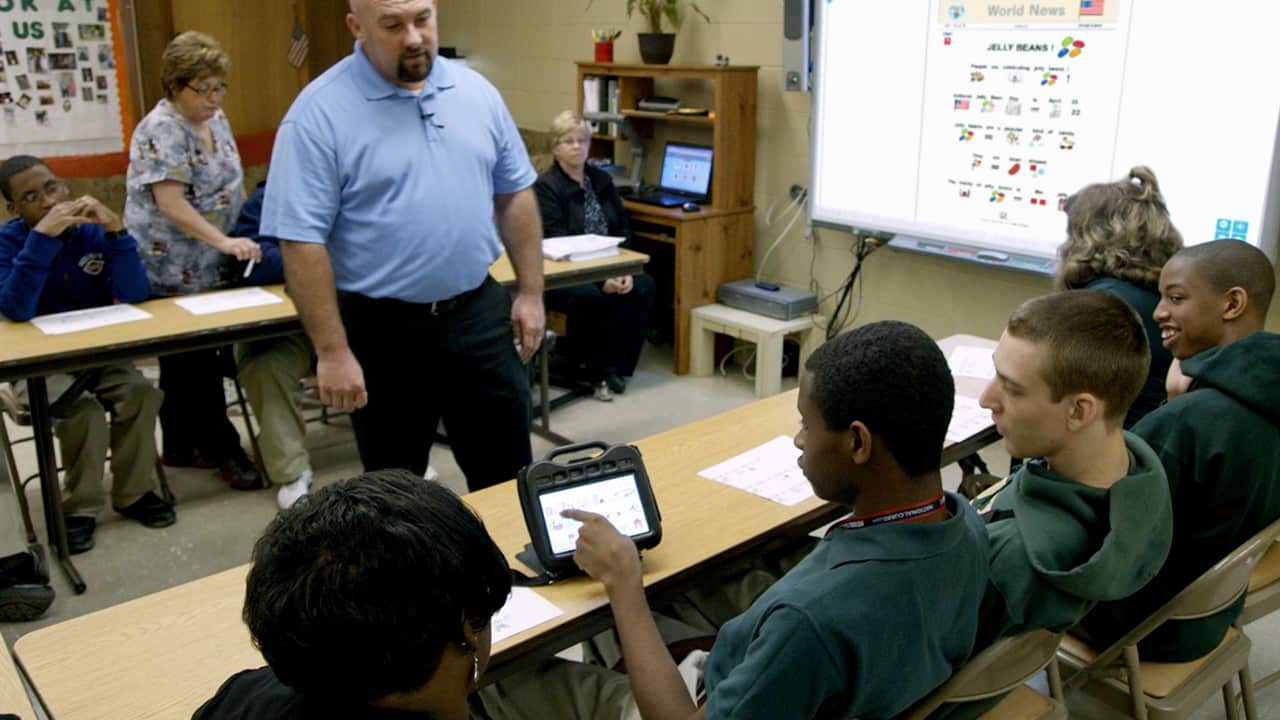Although the definition of SEL isn’t set in concrete, in most cases it refers to teaching students about regulating emotions, improving communication, controlling impulses, having empathy and improving social interactions and cooperation. In the workplace and in life, these skills will be at least as important to our students’ success and wellbeing as their academic performance, if not more so. In national surveys, employers report that soft skills such as the ability to communicate and work with a team are some of the main skills they look for in a new hire.
Teaching SEL in the Classroom
Research shows that when teachers proactively model and teach these skills to all students, academics improve while discipline referrals decline. The students benefit from SEL in the short term as well as the long term. Implementing a school-wide curriculum in SEL helps to establish a school culture based on respect, trust and personal accountability, in addition to providing students with the lasting, empowering benefits of being able to manage their feelings, actions and relationships with others.
SEL for Students and Teachers
Since effective SEL depends on a positive school culture that is committed to the health and wellbeing of each child, communication is key among school staff, and between staff and students. Students need a learning environment in which they feel safe to communicate their struggles and to discuss what they need to be a better student, citizen and person.
To fully integrate SEL curriculum into the learning experience, teachers need tools and supports to assist with program implementation. Just as when teaching an academic subject, teachers will need lessons and assessments of learning to gauge students’ progress. Because they are not always as concrete as some academic skills, SEL skills can be difficult to understand, teach and assess. Appropriately implemented SEL programs will have research-based curriculum and training for staff.



